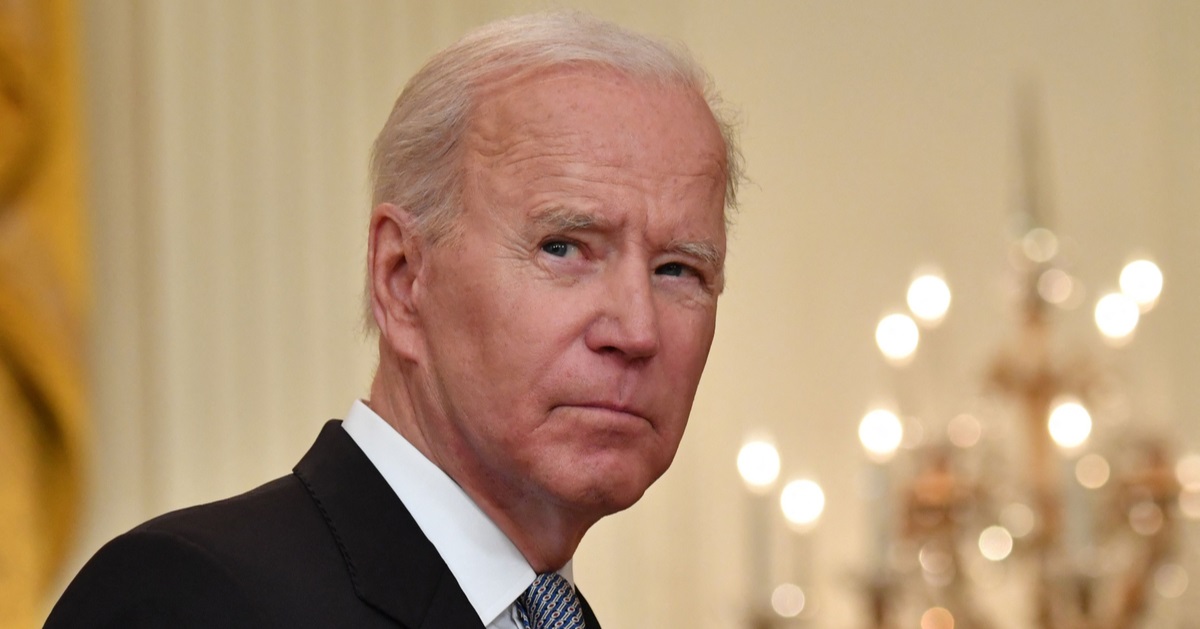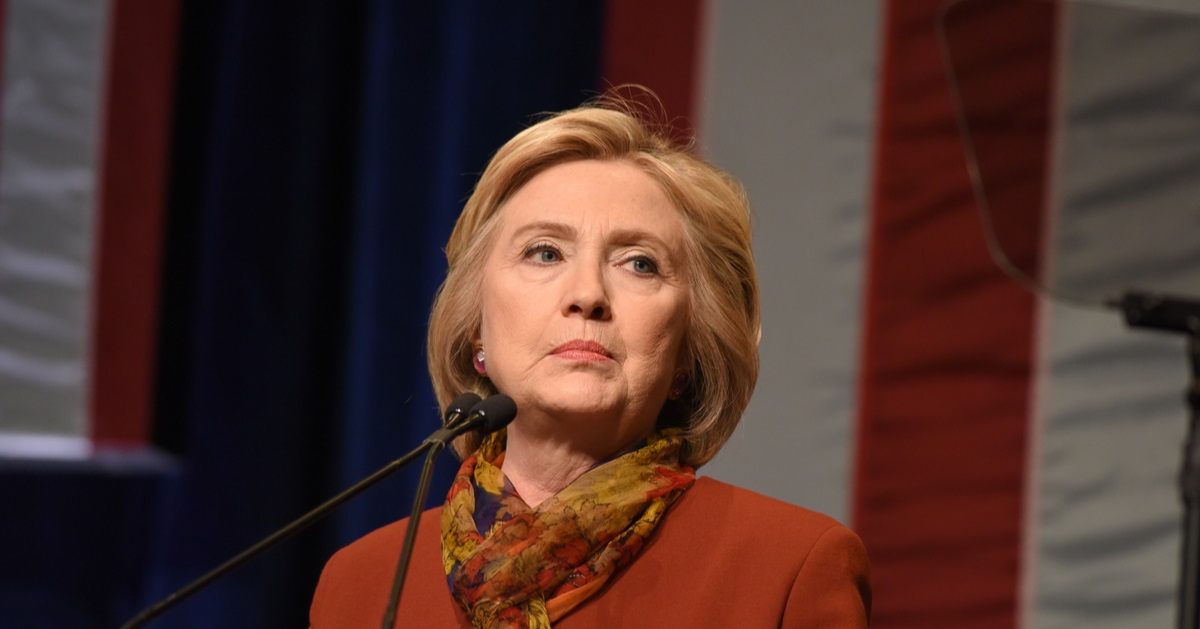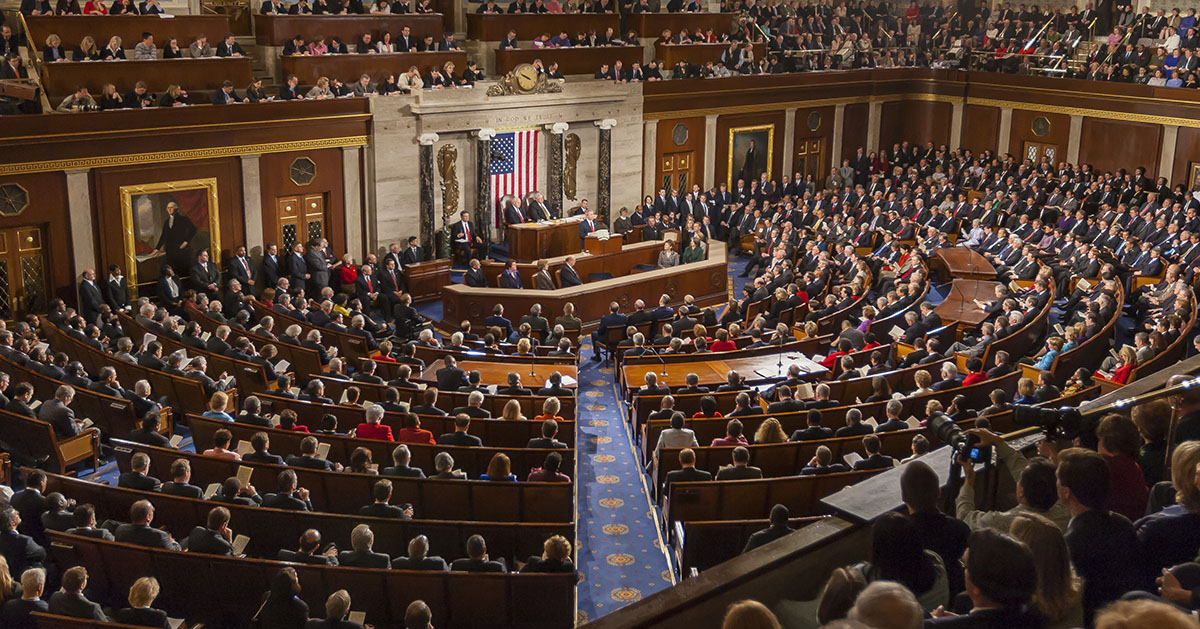SC Smith attacks Judge Cannon's 'fundamentally flawed legal premise' in order requesting proposed jury instructions in classified documents case
Special Counsel Jack Smith is not a fan of U.S. District Judge Aileen Cannon, the Trump-appointed judge presiding over Smith's classified documents prosecution of former President Donald Trump, who has been accused by critics of acting favorably toward the former president.
Smith's thinly veiled contempt for Cannon was displayed in a filing this week that shredded the judge for even considering the "pure fiction" and "fundamentally flawed legal premise" of Trump's defense arguments related to the Presidential Records Act, according to the Daily Mail.
For his part, Trump also submitted a filing this week that reiterated his prior insistence that the charges against him should be dropped as the statute he's charged under is "unconstitutionally vague" and inapplicable to him in light of the PRA's provisions.
Judge requests proposed jury instructions based on two scenarios
On March 18, Judge Cannon issued an order for both the prosecution and defense to submit proposed jury instructions and verdict forms that were premised on two hypothetical scenarios she presented to them -- both of which appeared to favor former President Trump.
Scenario A posited that it would be up to a jury to determine whether prosecutors had "proven beyond a reasonable doubt" that the alleged classified documents in Trump's possession after leaving office were "presidential" rather than "personal" under the terms of the PRA.
Scenario B, however, stated that a president retained the "sole authority" under the PRA, which cannot be reviewed by a court or jury, to decide what records were "personal" or "presidential" before leaving office.
Smith attacks judge's "fundamentally flawed legal premise"
In a 24-page response filed Tuesday, Special Counsel Smith's office wrote, "Both scenarios rest on an unstated and fundamentally flawed legal premise" -- that the PRA allows a president to determine what documents are "personal" and "presidential" -- when both the Espionage Act, 18 U.S.C. § 793(e), and a prior executive order suggested otherwise.
"That legal premise is wrong, and a jury instruction for Section 793 that reflects that premise would distort the trial," the prosecution continued. "The PRA’s distinction between personal and presidential records has no bearing on whether a former President’s possession of documents containing national defense information is authorized under the Espionage Act, and the PRA should play no role in the jury instructions on the elements of Section 793. Indeed, based on the current record, the PRA should not play any role at trial at all."
Smith's filing went on to assert that if Judge Cannon insisted on including the PRA in the jury instructions, the court "must inform the parties of that decision well in advance of trial. The Government must have the opportunity to consider appellate review well before jeopardy attaches."
Smith demands opportunity for immediate "appellate review" of judge's decisions
The special counsel's team wasn't finished there, though, as the filing proceeded to lambast both scenarios as constituting "clearly erroneous jury instruction" that merited "prompt appellate review" of Judge Cannon's actions by a higher court.
The prosecution's filing then provided a "clear and well-supported jury instruction for the elements of Section 793(e)" -- which they were not ordered to do -- and noted, "As required by the Court’s order, the Government also provides proposed jury instructions that incorporate the inaccurate legal premises reflected in the Court’s order under Scenario (a) and Scenario (b)."
Finally, the prosecutors accused former President Trump of belatedly raising the PRA issue as a "post hoc justification" for his alleged unauthorized retention of classified documents after he left office, asserted that Trump had failed to officially argue the merits of his PRA claim, and stated, "There is no basis in law or fact for that legal presumption, and the Court should reject Trump’s effort to invent one as a vehicle to inject the PRA into this case."
Trump's attorneys respond
As for Trump's attorneys, they submitted on Tuesday an eight-page response to Judge Cannon's order that, in addition to renewing the arguments that the charges should be dismissed, addressed both of the scenarios presented by the judge about proposed jury instructions.
For the first scenario, the judge would be expected to tell the jurors that Trump was "authorized" by the PRA to "possess a category of documents defined as 'personal records,' both during and after his term in office," while for the second scenario, "There can be no appropriate jury instructions relating to factual issues in scenario (b) because that scenario forecloses prosecution of President Trump" based on his presumed authority under the PRA.






